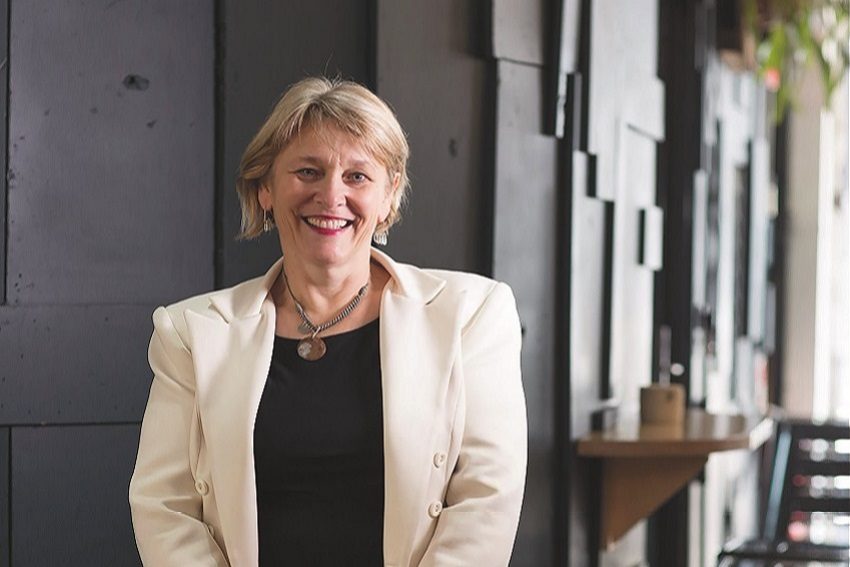Outgrowing the language of ageism

We have an irrational fear, and an instinctive dislike, of old.
Old is so profoundly undesirable that we have lined up a veritable army of negative attributes to go with every word associated with it. I am not sure we even know when it starts to happen. Maybe it’s when we get that first birthday card that says, “You know you’re getting older when your back goes out more than you do”; or, “As you get older three things happen – the first is your memory goes. I can’t remember the other two.”
Just harmless fun. Or is it?
Slowly but surely it is becoming more common for racism and sexism to be called out but ageism is often unwitting and subconscious and remains embedded in mainstream culture.
Many people describe their first awareness of ageism as occurring at work – an expectation that they won’t be able to learn something new, a reference to slowness and incapacity to use technology, an implication that they are keeping a young person out of a job or an assumption that training is not a worthwhile investment.
Like other forms of prejudice, ageism flies in the face of common sense. There is ample evidence that even small increases in the workforce participation of older workers go straight to Australia’s bottom line.
Nevertheless, and despite being forbidden by law, ageism prevails. The workforce participation rate of older Australians is lower than most of their OECD counterparts, while the average length of a job search for a person aged over 55 is more than twice as long as for younger people.
Among ageism’s most powerful friends is popular culture. While ageism is often highly visible in cartoons and headlines for anyone aged over 60, it is somewhat ironic that another face is completely invisible. Despite making up an increasing proportion of the population, people aged over 65 feature in only four per cent of advertising content and are mentioned in less than seven per cent of all editorial media content. Recent US-based research examined the top grossing movies and found that very few featured older people in speaking parts and, when they did, they were overwhelmingly negative.
It’s no surprise that many people approach older age with a sense of dread because their lives have an increasingly evident use-by date. The old age that we have ploughed so much medical research into achieving is not seen as a triumph, but as a social problem. Older people become aware, quite suddenly sometimes, that they are now objects of charity, ceding their decision-making and the evaluation of the risks they will tolerate to someone else. And, of course, there is the inevitable paternalism such as when the collective adjective ‘wise’ is used to describe anyone of a certain age.
We have become disdainful, wasteful and dismissive of the potential of our older years. No other chapter of our lives is met with such lack of regard for the value of life and living. As we age, expectations, aspirations and ambitions are discounted, public interest wanes and a residual, deficit framework takes over.
Evidence shows that a serious consequence of these attitudes is that older people start to believe that they are irrelevant, unproductive, unvalued and incapable. It becomes harder and harder to work, to give, to live and to be taken seriously.
We must all stand up for our glorious age diversity. We should call others out when they use terms like “senior’s moment”. We should check ourselves when we use age as a lazy observation or explanation. We should enlist the help of younger people who also experience a version of ageism way too often. We should say what we mean instead of using ‘old’ pejoratively and ‘young’ as a compliment. We should make it our business to seek out people of all ages – to employ, to be friends with, to exchange ideas with and to give and get help from. We should have high expectations of the purpose, fun and support we give and get at every age. We should fund initiatives that tackle age discrimination and promote the job prospects of older people. We should never, ever walk past elder abuse or poor-quality care for older people.
Indeed, we could probably do away with the terms ‘old’ and ‘older’ all together if our culture lets us do it. Instead of making older people outcasts (or, worse still, cast offs) we need to re-think the purpose of older lives and make the most of our life membership. And we should send ageist birthday cards back marked “Not at this address!”
Jane Mussared is the chief executive of COTA SA
cotasa.org.au